Crisis and innovation go hand in hand. When rich people around the world complain about the climate crisis while their factories contribute massively to it, one woman has made use of their wealth to do her part to nurture nature. Kris Tompkins, the former CEO of Patagonia, has bought land worth $345 million in South America and donated it back to the Chilean and Argentinian public as per Reasons to be Cheerful. Kris Tompkins’ father was a significant part of the oil industry and her late husband, Doug Tompkins, was one of the founders of The North Face Inc. and Esprit. She made good use of her wealth and gave the world a potential solution to the climate crisis.

Kris and her late husband started out their work in Chile and Argentina to restore forests and national parks and ensure wildlife conservation in the area. They bought a massive amount of land, starting one of the biggest conservation projects in the world. They not only returned the land to the public, but they also added a portion of their own land to the project, which now houses several national parks and sanctuaries. However, it wasn’t easy for Tompkins and her husband to win the trust of the local populace since they were assumed to be spies. But the couple didn’t let it bog them down as they were determined to save the area's waterways, grasslands and forests. After finishing up with the area in 2018–2019, Tompkins handed over the land to the Chilean government. There is a contract that the Tompkins’ Conservation will continue to guide and help with the ecosystem restoration project for the next 10 years after the handover.
Tompkins’ contribution has helped save 14.7 million acres of land and 30 million marine acres, as per the outlet. What Tompkins has worked on for the last thirty years will help protect major ecosystems and two whole countries, probably even the planet. However, the conservation project isn’t restricted to just protecting the land from private ownership. It also focuses on reviving the biodiversity present in the area. After tearing down the fences in the area, the Tompkins couple started taking out the invasive weeds and livestock destroying the local fauna with the help of volunteers. They also helped build hiking trails and campsites powered by solar energy to encourage responsible tourism and help the locals have an alternative income since their farmlands suffered from overgrazing, building a balance between preservation and accessibility.

They reintroduced species like the collared peccary, the Andean condor and Darwin’s rhea, a bird similar to an ostrich, as well as the green and red macaws, tapirs and giant anteaters that were once native to Ibera, the second largest wetland in South America. Kris Tompkins finds the baby anteaters adorable, as they like to be picked up and held close to your beating heart at all times. Nobody had rewilded Macau and anteaters before, but Tompkins did it with the help of Rewilding Argentina. “The world doesn’t belong to humans,” says Tompkins. She adds that thinking like this changes your entire perspective on the planet. Tompkins’ idea to use private wealth to restore ecosystems is a true corporate social responsibility move.







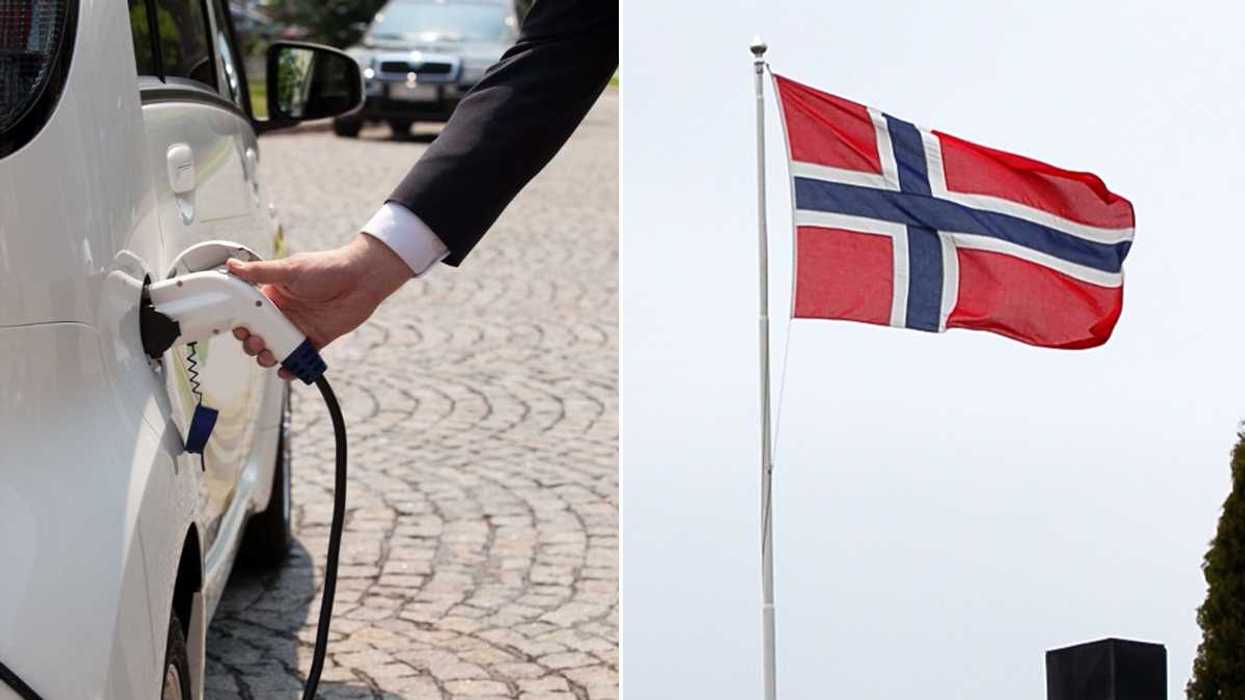









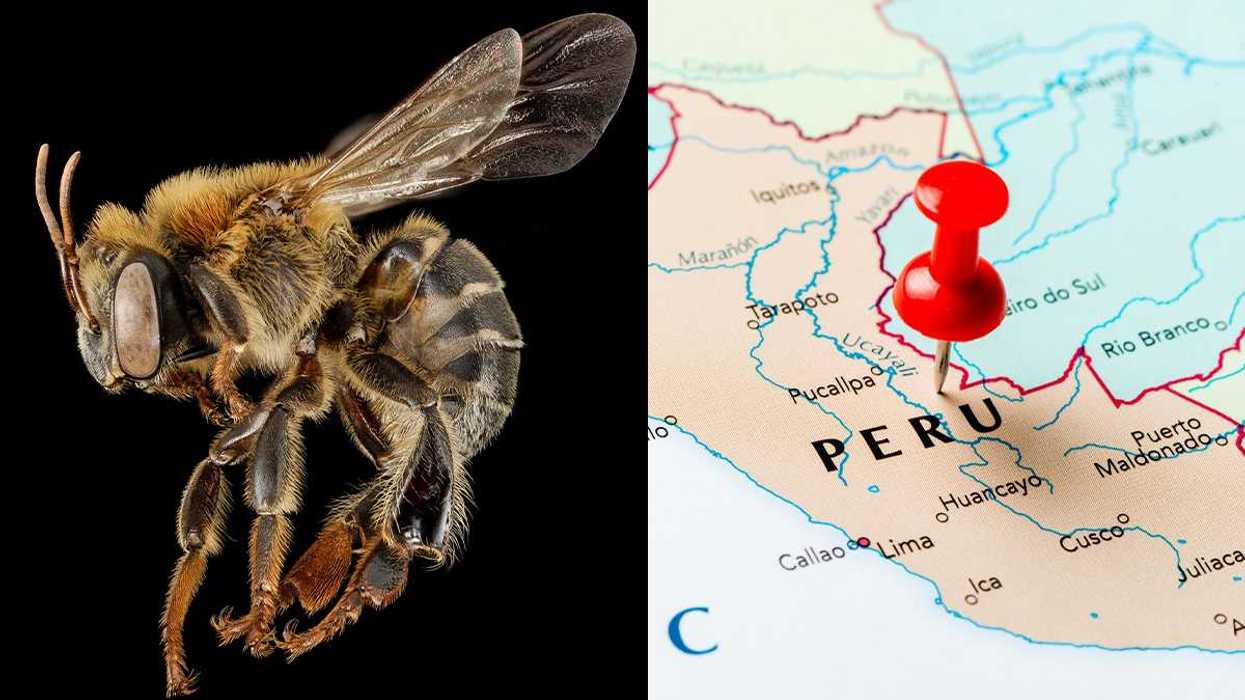
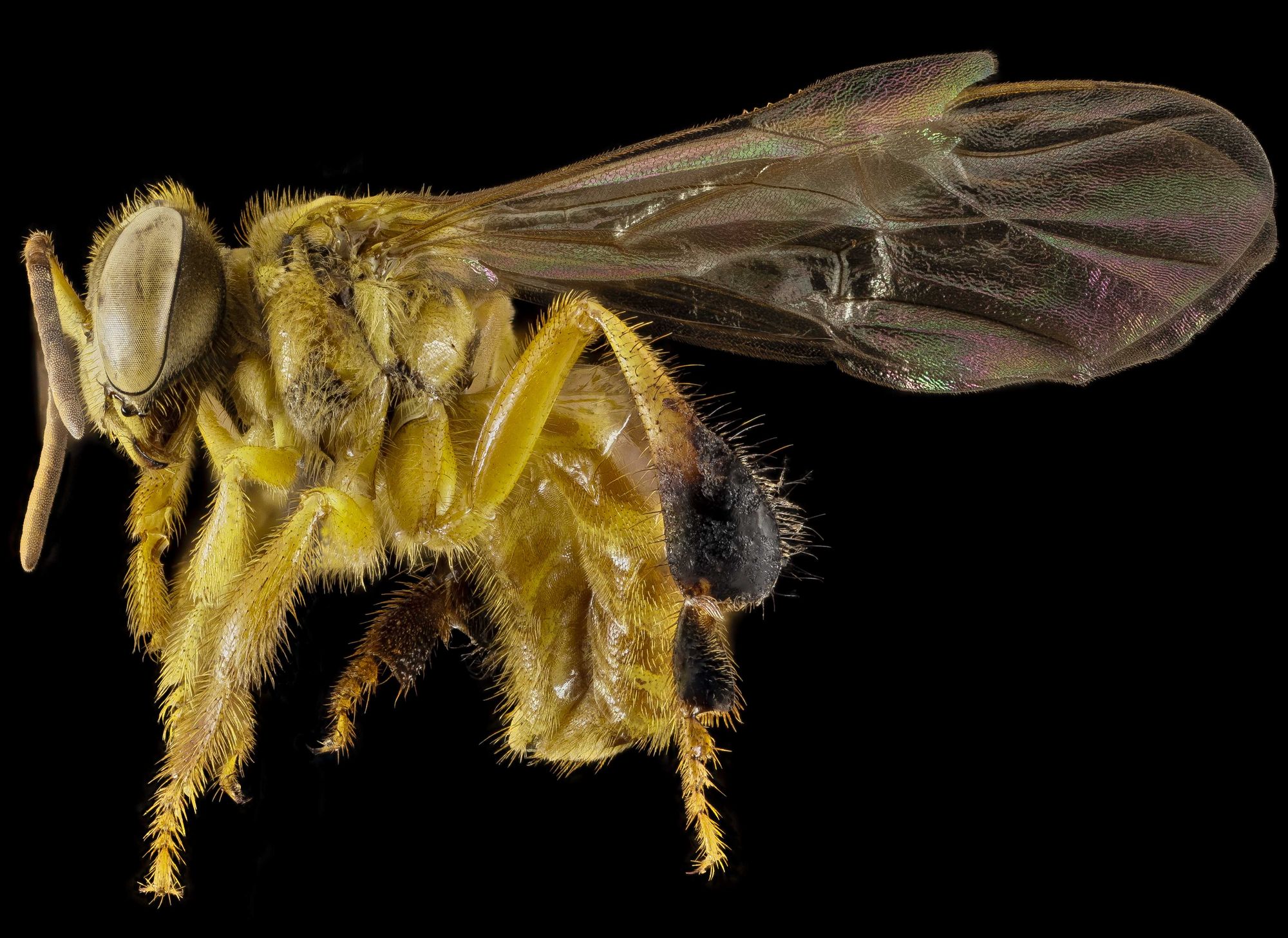 Peru stingless bee.USGS Bee Inventory and Monitoring Lab/
Peru stingless bee.USGS Bee Inventory and Monitoring Lab/ 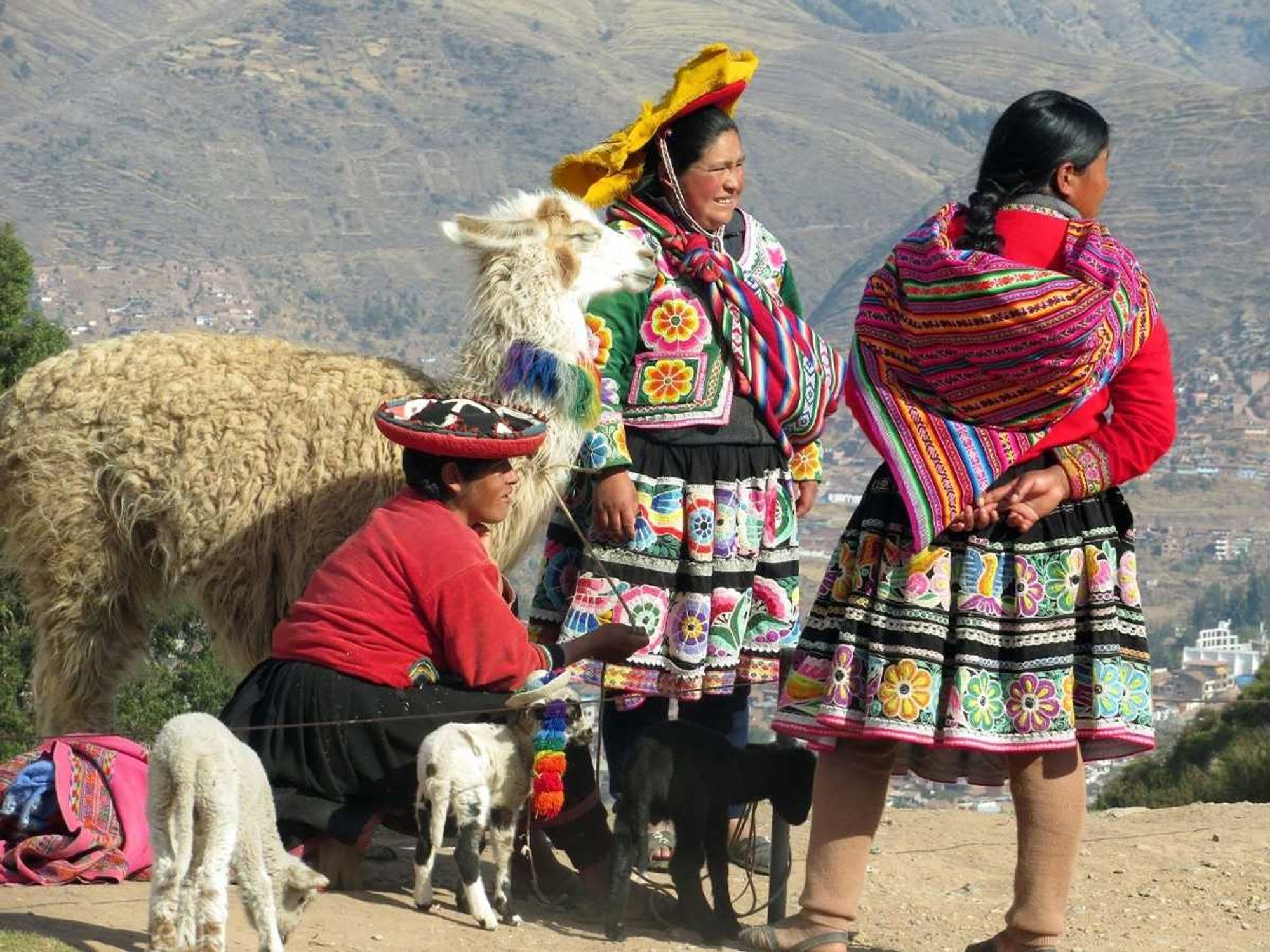 Indigenous Peruvian people.Photo credit
Indigenous Peruvian people.Photo credit 
 Representative Image: Accents reveal heritage and history.
Representative Image: Accents reveal heritage and history.  Representative Image: Even unseen you can learn a lot from an accent.
Representative Image: Even unseen you can learn a lot from an accent. 
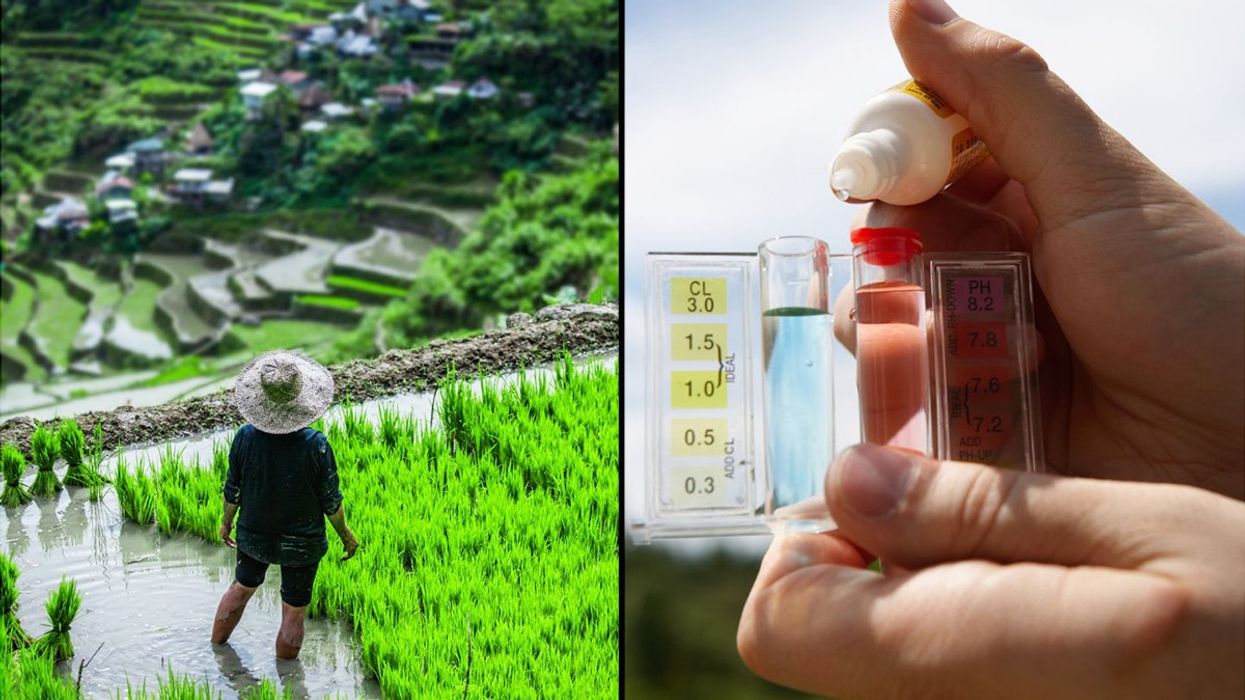
 Rice grain and white rice.Image via
Rice grain and white rice.Image via  Person eats rice.Image via
Person eats rice.Image via  Washing and rinsing rice.
Washing and rinsing rice.  Mother and daughter eating rice meal.Image via
Mother and daughter eating rice meal.Image via 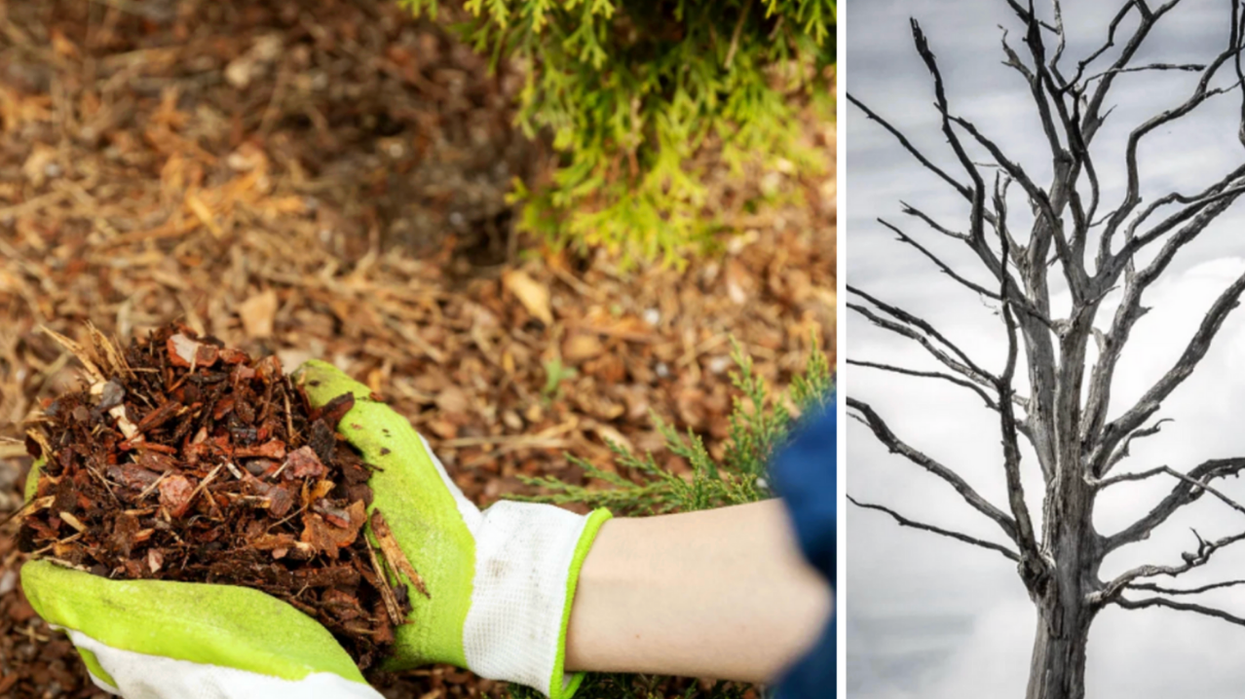

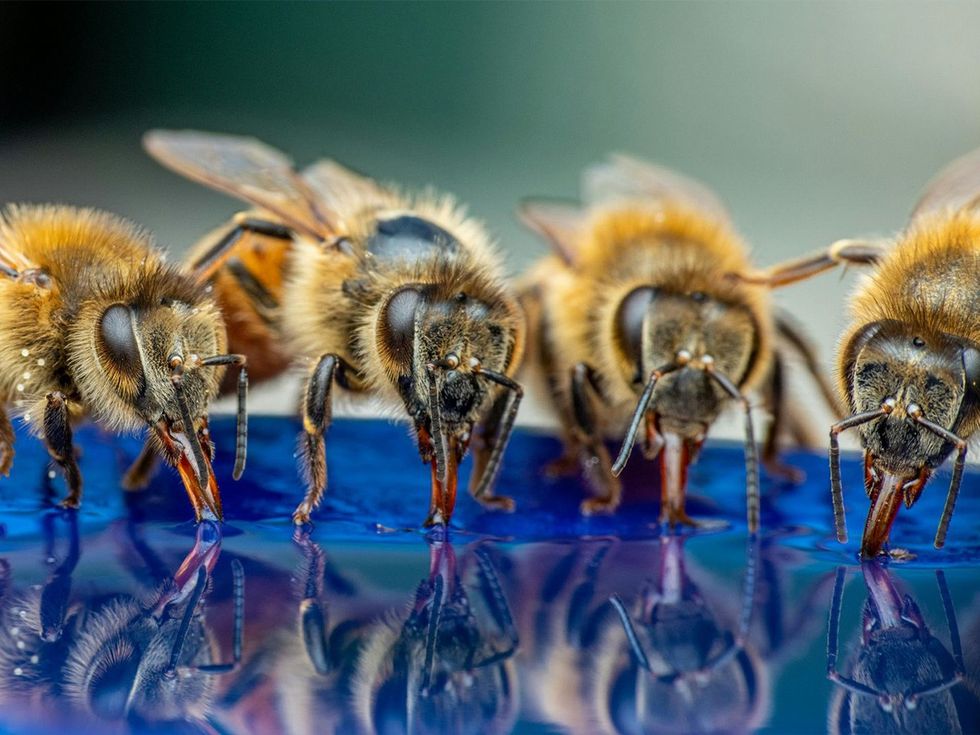 Bees feeding on food source.Image via
Bees feeding on food source.Image via 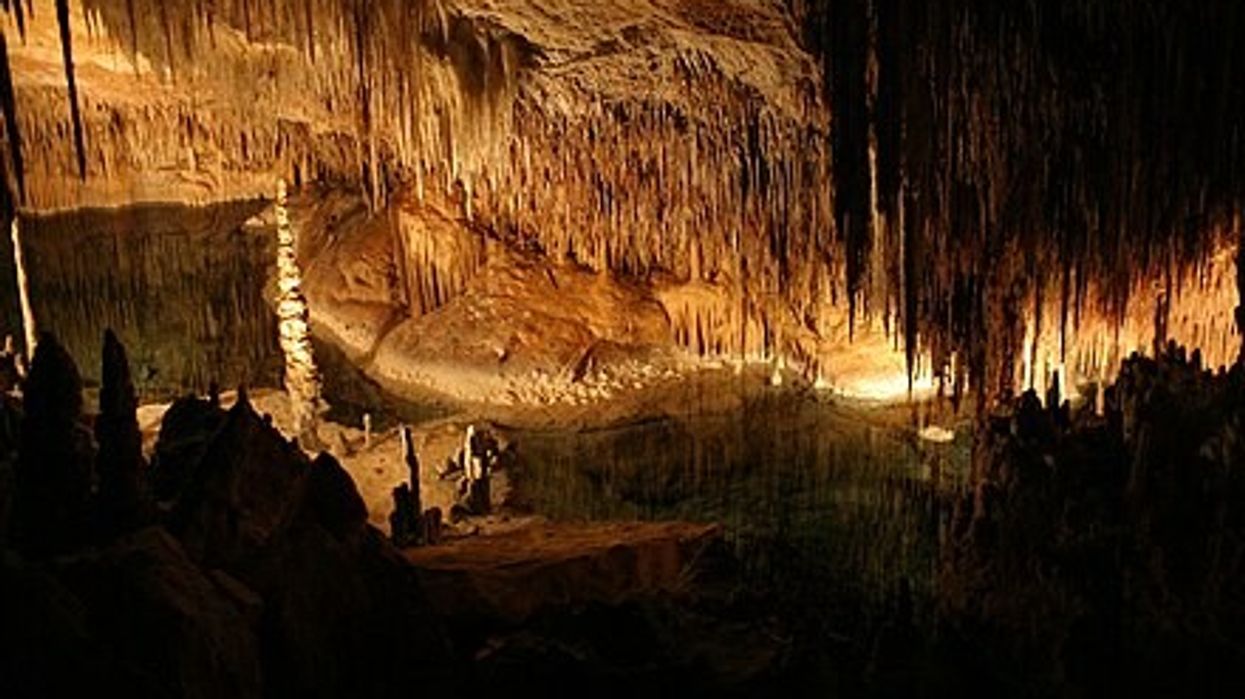
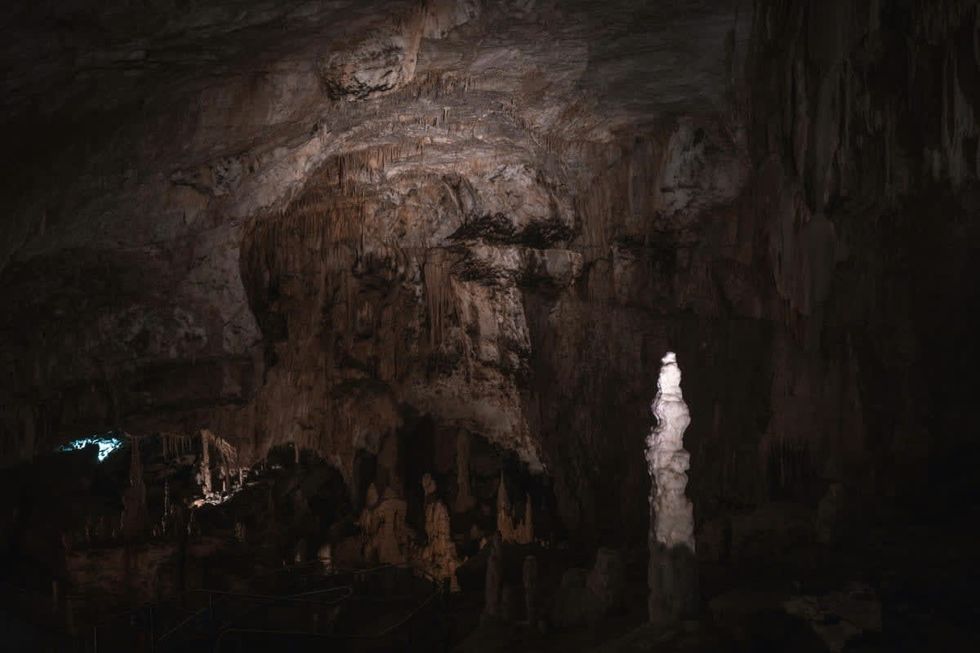 In the depths...Pexels | francesco ungaro
In the depths...Pexels | francesco ungaro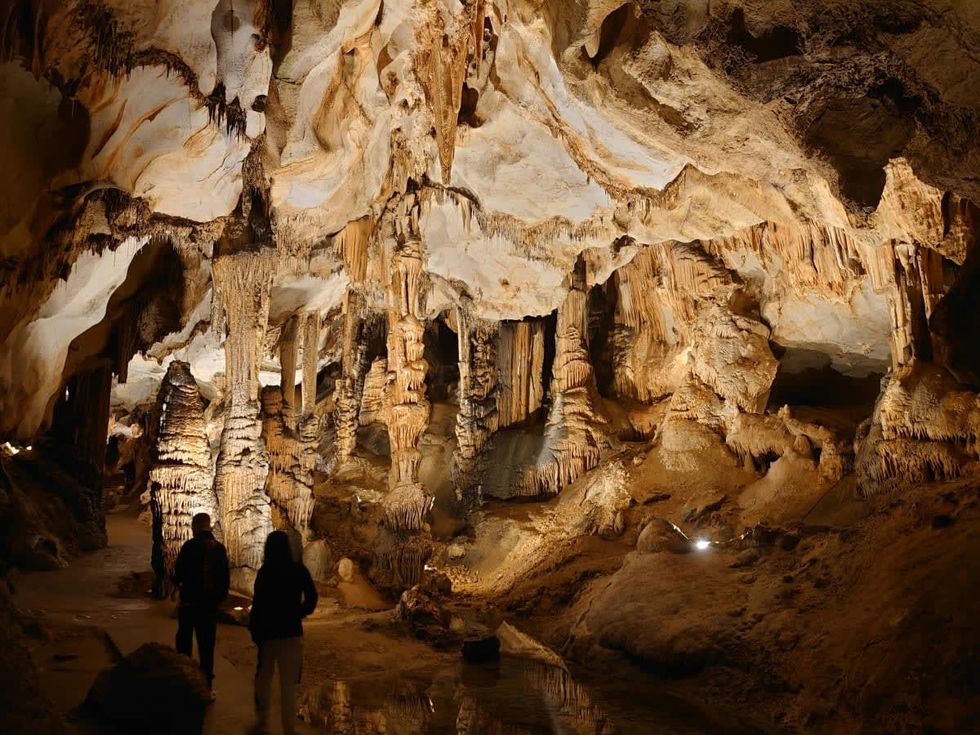 Hope the lights stay on. Pexels | parfait fongang
Hope the lights stay on. Pexels | parfait fongang "That was beyond crazy..." YouTube |
"That was beyond crazy..." YouTube |  "This is the stuff of my nightmares..."YouTube |
"This is the stuff of my nightmares..."YouTube |  "Totally blown away..." YouTube |
"Totally blown away..." YouTube |
President Donald J. Trump and photo of a forest.
Public united and adamantly opposes Trump’s plan to roll back the Roadless Rule
There doesn't seem to be much agreement happening in the U.S. right now. Differing moral belief systems, economic disparity, and political divide have made a country with so many positives sometimes feel a little lost. Everyone desperately seeks a niche, a connection, or a strong sense of community to which they can feel a "part of," rather than just "apart."
But there seems to be one thing that the country strongly unites over, and that's the "Roadless Rule." With the Trump Administration attempting to roll back conservation policies that protect U.S. National Forests, Americans are saying in harmony an emphatic "No." A nonpartisan conservation and advocacy organization, the Center for Western Priorities, reviewed a comment analysis on the subject. After receiving 223,862 submissions, a staggering 99 percent are opposed to the president's plan of repeal.
What is the 'Roadless Rule' policy implemented in 2001?
The Roadless Rule has a direct impact on nearly 60 million acres of national forests and grasslands. According to the U.S. Department of Agriculture, the rule prohibits road construction and timber harvests. Enacted in 2001, it is a conservation rule that protects some of the least developed portions of our forests. It's considered to be one of the most important conservation wins in U.S. history.
America's national forests and grasslands are diverse ecosystems, timeless landscapes, and living treasures. They sustain the country with clean water and the wood products necessary to build our communities. The National Parks protected under their umbrella offer incredible recreational retreats and outdoor adventure.
Why does the administration want to roll it back?
U.S. Secretary of Agriculture Brooke L. Rollins told the Department of Agriculture in a 2025 press release, “We are one step closer to common sense management of our national forest lands. Today marks a critical step forward in President Trump’s commitment to restoring local decision-making to federal land managers to empower them to do what’s necessary to protect America’s forests and communities from devastating destruction from fires." Rollins continued, “This administration is dedicated to removing burdensome, outdated, one-size-fits-all regulations that not only put people and livelihoods at risk but also stifle economic growth in rural America. It is vital that we properly manage our federal lands to create healthy, resilient, and productive forests for generations to come. We look forward to hearing directly from the people and communities we serve as we work together to implement productive and commonsense policy for forest land management.”
Forest Service Chief Tom Schultz explained the Roadless Rule frustrated land management and acts as a challenging barrier to action. It prohibits road construction needed to navigate wildfire suppression and properly maintain the forest. Schultz said, “The forests we know today are not the same as the forests of 2001. They are dangerously overstocked and increasingly threatened by drought, mortality, insect-borne disease, and wildfire. It’s time to return land management decisions where they belong – with local Forest Service experts who best understand their forests and communities."
Why are people adamantly opposed to the proposed rollback?
A 2025 article in Earthjustice, a nonprofit environmental law organization, expressed its concern over the protection of national forests covering 36 states and Puerto Rico. A rescinded rule allows increased logging, extractive development, and oil and gas drilling in previously undisturbed backcountry. Here is what some community leaders had to say about it:
President Gloria Burns, Ketchikan Indian Community, said, "You cannot separate us from the land. We depend on Congress to update the outdated and predatory, antiquated laws that allow other countries and outside sources to extract our resource wealth. This is an attack on Tribes and our people who depend on the land to eat. The federal government must act and provide us the safeguards we need or leave our home roadless. We are not willing to risk the destruction of our homelands when no effort has been made to ensure our future is the one our ancestors envisioned for us. Without our lungs (the Tongass) we cannot breathe life into our future generations.”
Linda Behnken, executive director of the Alaska Longline Fishermen’s Association, stated, "Roadbuilding damaged salmon streams in the past — with 240 miles of salmon habitat still blocked by failed road culverts. The Roadless Rule protects our fishing economy and more than 10,000 jobs provided by commercial fishing in Southeast Alaska.”
The Sierra Club's Forest Campaign Manager Alex Craven seemed quite upset, saying, "The Forest Service followed sound science, economic common sense, and overwhelming public support when they adopted such an important and visionary policy more than 20 years ago. Donald Trump is making it crystal clear he is willing to pollute our clean air and drinking water, destroy prized habitat for species, and even increase the risk of devastating wildfires, if it means padding the bottom lines of timber and mining companies.”
The 2025 recession proposal would apply to nearly 45 million acres of the national forests. With so many people writing in opposition to the consensus, the public has determined they don't want it to happen.
Tongass National Forest is at the center of the Trump administration's intention to roll back the 2001 Roadless Rule. You can watch an Alaska Nature Documentary about the wild salmon of Tongass National Forrest here:
- YouTube www.youtube.com
The simple truth is we elect our public officials to make decisions. The hope is they do this for all of our well-being, although often it seems they do not. Even though we don't have much power to control what government officials do, voicing our opinions strongly enough often forces them to alter their present course of action. With a unanimous public voice saying, "No!" maybe this time they will course correct as the public wishes.